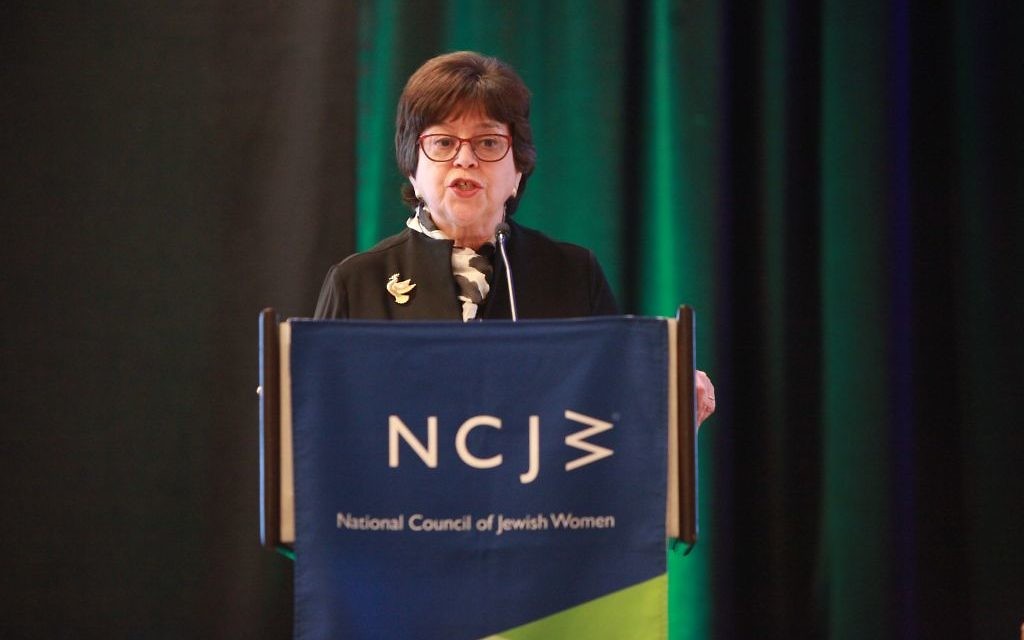Revolutionizing Jewish Philanthropy
JFN session aims to strengthen dialogues among social action and adavacing U.S.-Israel ties.

As Lisa Eisen, a vice president at the Charles and Lynn Schusterman Family Foundation, stood in front of Jewish Funders Network members attending a conference session on Jewish philanthropy in this new political era, she referenced an article she published in the eJewish Philanthropy newsletter shortly after the presidential election.
“Let the revolution begin,” she said.
The JFN session aimed to guide philanthropic organizations in unpredictable times. Seven tables were designated with topics such as creating spaces for dialogue, strengthening the center, fighting anti-Semitism and bigotry, supporting service and social action, promoting civic education and engagement, advancing women’s leadership, and cultivating U.S.-Israel ties.
Get The AJT Newsletter by email and never miss our top stories Free Sign Up
Those talking points are areas in which Eisen said Jewish philanthropic efforts must be increased.
“Everybody in this room has the resources, the knowledge and connections to make the change we need in the new era,” Eisen said. “We need to look in unlikely places inside and outside the Jewish community for new partners.”
Collaboration and bridge building are two areas in which Eisen said philanthropists should be more creative. She emphasized coalition building as a skill that can stabilize many not-for-profit organizations in the sandbox of political and social change.
In times of uncertainty, solutions must be adaptable for a variety of outcomes, which to Eisen means embracing diversity. “We need to all think differently,” she said. “It’s our chance to grow, learn and become more effective as a community.”
The group at the session asked hard questions about strategies for philanthropy in a rapidly changing environment.
Lisa Hofheimer, the financial director at the Lee Liberman Foundation, an organization that uses the testimony of genocide and Holocaust survivors as educational material to build empathy, said the foundation is launching a farming initiative to build bridges within the community.
“We’re looking at neutral spaces where people can convene that is independent of where they stand politically or religiously,” she said.
Having difficult conversations with those who hold opposing views is important for the future, said Nancy Kaufman, the CEO of the National Council of Jewish Women, which opened its triennial convention in Buckhead a couple of days after JFN ended its conference. She said dialogue and engagement are essential to help women feel a sense of empowerment.
“We can’t just talk to ourselves. We need to talk to Muslim women, blue-collar women and women who didn’t vote to find out what they are thinking,” Kaufman said.
A significant change in business as usual is the only way Jewish philanthropic organizations will succeed in the new era, Eisen said. As she made her final remarks, she reiterated the need to find new solutions to millennial problems.
“What got us here won’t get us there,” she said. “The same old strategies that got us here today won’t get us to tomorrow.”




comments